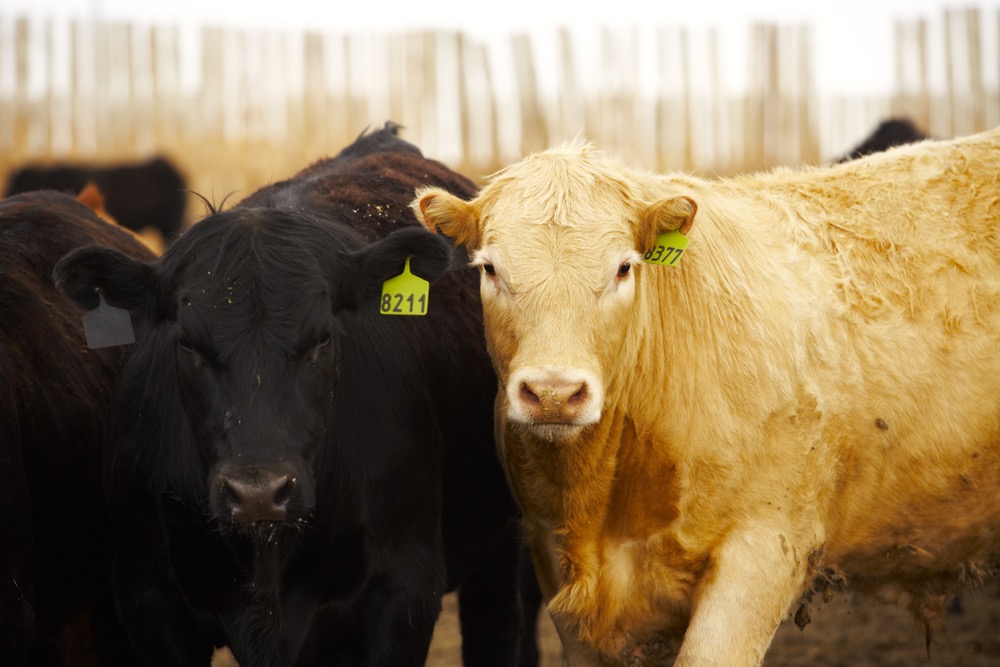Canada Beef has just come out with a new resource on their website about the nutrition of beef. But instead of focusing on the general public, they aim to inform cattle producers.
Read Also


Wholesale price drop pressures fed cattle prices
Fed cattle A drop in wholesale prices — in particular the choice cutout value — has in part pressured fed…
“It just kind of came about as part of some conversations with producers, and kind of an awareness that they don’t always get the big picture of beef nutrition, and there’s so much good news to share,” says Karine Rekunyk, a registered dietitian with Canada Beef.
“There are so many good-news stories in terms of the science of beef nutrition. And we just figured this was a good way to pull it all together and share what we hear and what we’re seeing.”
Called “Beef’s Remarkable Nutrition Story,” Canada Beef’s new resource provides facts on the nutrition of eating beef, such as how many nutrients beef provides, the differences between plant and animal proteins and how many people in Canada are beef eaters.
Rekunyk says negative messages are being perpetuated about the nutrition of beef on social media and in the news, and Canada Beef is trying to counter some of those things.
“Those messages are really unfortunate,” she says. “And we really feel that those interest groups with such a loud voice, it’s such a disservice to the science and to the Canadians who just want to live their life and eat what they love, eat properly, feed their families. And when you look again at the science, those anti-meat messages are not justified nutritionally.”
The resource also contains quotes from registered dietitians, physicians and members of the public on the benefits of consuming beef.
For example, the resource says half of Canadians’ calories come from highly processed foods, resulting in a poorer diet. This leads to issues such as weight gain and an increased risk of chronic illnesses. Rekunyk also says as scientists begin to better understand the link between food and mental health, poorer diets are being connected to an increase in mental health issues.
Rekunyk says with these statistics, people should be more worried about eating processed meat than red meat and would benefit from eating more beef — not less.
“I think what’s important here is that when you look at the diet of Canadians as a whole, Canadians are eating very poorly in general, and that doesn’t get reported enough,” she says.
“These are foods that are nutritionally very poor. And that’s being reflected in our health… So, unless we share how the nutrition in beef can actually be part of the nutrition solution to this nutrition crisis we have in Canada, others won’t tell the story for us.”
However, Rekunyk also says it’s a misconception that there is constant negative feedback from the public regarding beef. A lot of what Canada Beef hears from people is positive.
“The bottom line is people really love beef,” she says. “They hear negative things so they kind of sometimes question their love for beef and the mixed messages. But ultimately, people are very positive about beef, and so is the science.”
Rekunyk says they are calling this nutrition information a “pride resource,” because although it provides details about nutrition, it was created for producers.
“We think that this resource is a cause for producers to celebrate the work that they put into bringing this incredible protein food to the people of Canada,” Rekunyk says. “And we want them to feel proud about that.”
She says because the response to this resource has been so positive, they intend to create similar resources aimed at other groups of people, such as consumers and health professionals, where the science would be easily translatable.
